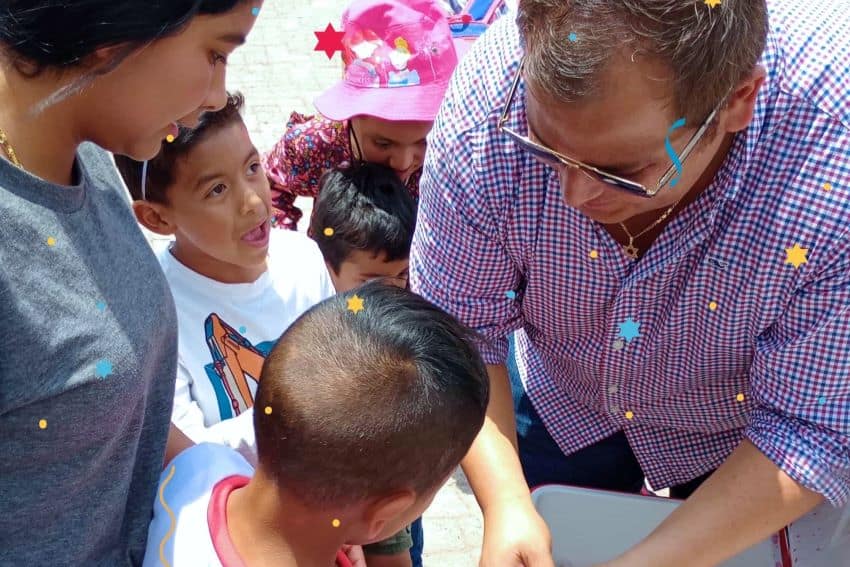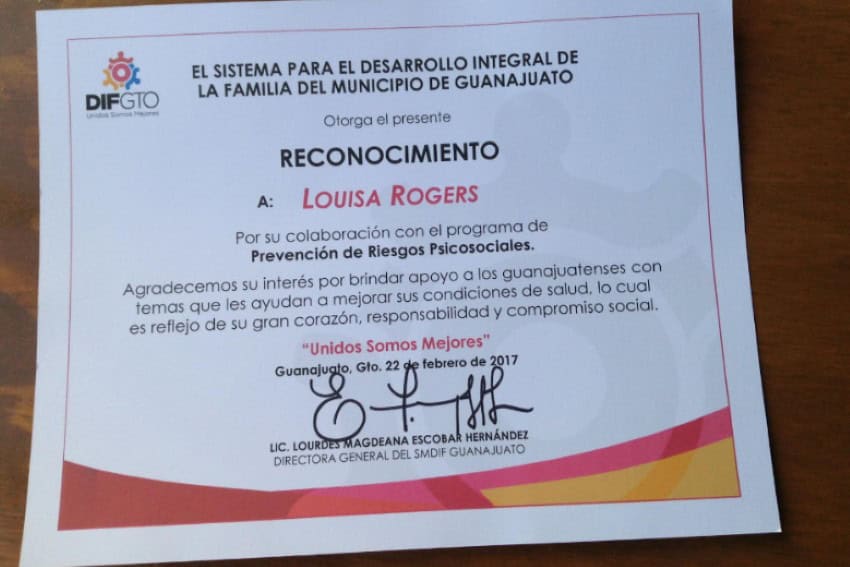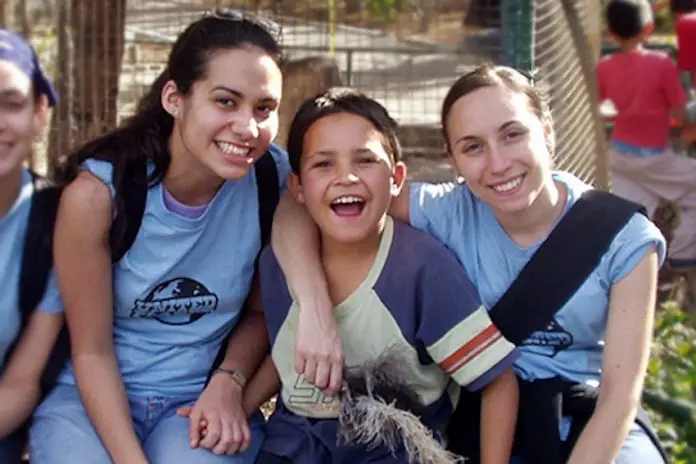While chatting with a woman headed to Hawaii at the San Diego airport, I explained that my husband and I live in Mexico for part of the year.
“Are you able to help the folks down there?” she asked.
“Help?” I asked, bristling. “Well, I like to connect with people. I don’t know about ‘helping’ them.” I was annoyed by her comment, the idea that Mexicans need help. I did not decide to move to Mexico to be some kind of missionary, but rather to experience a different way of life, culture, language and worldview.

There’s nothing wrong with helping, of course. In fact, I think it’s important wherever we are to contribute to the society where we live. Many expats I know, not only in Guanajuato where we live, but all over Mexico, volunteer their time, energy, and money to support their local communities — and that’s a good thing.
But the attitude that Mexicans need our help and that we are in a superior position to offer it is condescending and disrespectful. Besides, I could use some help myself. In Mexico, I notice how impatient and intolerant I can be. Nothing like living in another culture to wake you up!
I thought about this again when I offered to give a series of presentations on personal health to working-class moms through DIF, the Mexican federal government department whose mission is to strengthen the welfare of families. I’d led similar workshops in the United States, so the content of my talks in Guanajuato was not new. But giving them in Spanish was something else!
I prepared for a couple of weeks, working with my Spanish tutor to review my grammar and vocabulary. Then, she and I spent another session discussing the dynamics. How could I engage the audience members and get them involved? What could I expect from the participants? Would they respond to questions or sit there passively? Would they interact when I offered an exercise?
During this period, a new Mexican-American acquaintance with whom I was discussing these presentations unexpectedly challenged me. She said that she thought what I was doing was insulting and that it was inappropriate for me, as an outsider, to offer my expertise.

I was so blindsided by her criticism that I didn’t dig in and try to find out why. Later I talked it over with my tutor — the last thing I wanted to do was insult people! She disagreed with my friend, pointing out that I wasn’t taking a job away from anyone but simply offering information as a volunteer. Since the director of the agency had welcomed my ideas, it seemed unlikely that I was being offensive.
Painful though my friend’s comments had felt, her feedback did ultimately help me, though I never felt comfortable with her again. I realized I didn’t want to come across as an expert with answers, telling people what they “should” do; rather, I wanted to be a peer, another woman trying to figure out how to take care of her mind and body in a complicated world. And I also wanted to honor the wisdom and intelligence of the women I was addressing. Particularly in a male-dominated, classist-based culture like Mexico, I sense that women often feel inferior, inadequate and “wrong.” If these women did indeed feel that way, would it be possible to help them feel stronger?
With that in mind, I went through the content again and shifted the emphasis so that it was more about reinforcing the healthy habits Mexican moms already had, and less about improvements they could make. For example, in my talk on walking, I started by asking the women how they had arrived at the center where I gave the presentation. All but two had walked. Congratulating them, I said, “I imagine owning a car sounds good, but you’re actually far fitter because you walk every day, rather than many of my compatriots who drive.” And it’s true; in Guanajuato, most residents conduct their lives on foot and by bus.
In my talk on healthy eating, I pointed out that while it’s true junk food has become unfortunately common in Mexico — as everywhere — there’s nothing better than the traditional Mexican diet, rich in beans, fruits and vegetables.

Meanwhile, there were several surprises in store for me. After my presentation on mindful eating, one participant approached me, asking if I could offer a workshop on overcoming emotional eating. A woman after my own heart! And in the session on stress, two house cleaners said that their favorite time of the day was being alone in their client’s home, so they could finally enjoy solitude. And I thought Mexicans always preferred to be surrounded by family!
At the end of the series, I was deeply touched when the coordinator of the program honored me with a certificate and the gift of a red shawl.
Of course, I hope the women in my audience came away feeling empowered by the themes we discussed. But the talks also benefited me. As we discussed areas that mattered deeply to all of us, these women, through their honesty and sharing, helped me gain insights into their lives and into Mexican culture. Thanks to them, I’m learning, and what could be more exciting than continual learning in my adopted home?
Louisa Rogers and her husband Barry Evans divide their lives between Guanajuato and Eureka, on California’s North Coast. Louisa writes articles and essays about expat life, Mexico, travel, physical and psychological health, retirement and spirituality. Her recent articles can be found on her website.
